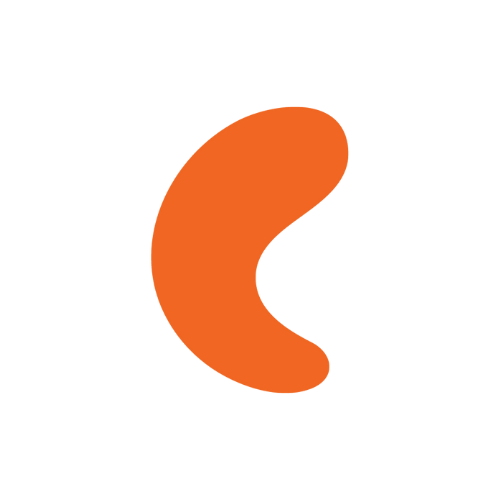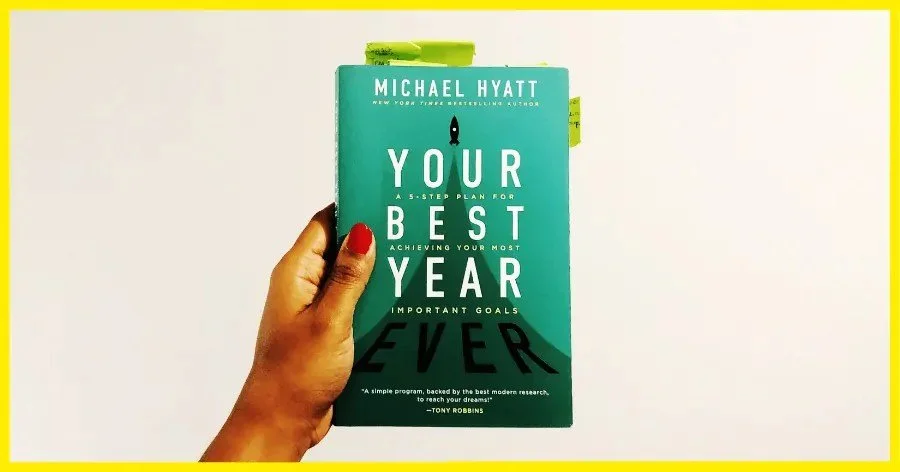Your best year ever.
Have you listened to this book? The books that teach you a 5-step plan for achieving your most important goals.
Starting a year is never an easy task. It requires motivation, discipline, new challenges, and, above all, being clear about how we want to end that year. In other words, from day 1 we must start working on whatever is necessary so that on day 365 we can take a look and have achieved all or, if not, almost all of our objectives.
And we must not tell ourselves lies, many times we need help, support, stronger training, more discipline, or even a zero point to start from.
That's why today we want to show you one of our recommendations for our Cocoon team.
Since many of the people who rent shared workspaces run their own businesses. and many others have big plans in mind.
Your best year ever, a 5-step plan for achieving your most important goals
and the truth is that this book by Michael Hyatt is an approximation of a step-by-step of how to be closer than you dream. And how good it would be to start doing it now since the year has barely advanced a couple of weeks. and we have more than 340 days and more than 50 weeks to achieve it.
There may be many reasons you didn't complete your goal. But there is one primary reason you, me, and millions of people around the world fail to achieve our goals each year: our goals are poorly defined.
Michael Hyatt has distilled the latest goal achievement science to make a S.M.A.R.T.E.R. goal-setting system. Let's properly define the goal you regret not completing using the S.M.A.R.T.E.R. checklist:
SMART GOALS
Specific: Compare "I want to make more money" to "I want to make $10,454 this month." The specificity of the later goal makes it exciting and sticky, which means you're likely to recall it during the day and make more decisions that move you closer to your goal.
Measurable: What is your percentage complete?
If your goal is, “Read more biographies of great leaders,” you can’t provide a clear answer. But if change your goal to, “Read one biography of a great leader each month,” you could say, "I'm about 60% complete my reading goal this month."
When working on a habit goal, measure your current streak or success rate instead of the percent complete. And then you can see if you need to take more actions to achieve it or You can take pride in your progress and stay motivated.
Actionable: Does your goal invoke a concrete action image? If you’re a freelance graphic designer and your goal is “Make $12,252 a month,” it's difficult to see what you need to do to hit that goal. Start your goal with a concrete verb, and not “Have” or “Be.” (“Read one biography a month,” instead of “Be an avid reader”).
Risky: Most goal-setting systems suggest setting reasonable goals. But if a goal doesn't invoke a bit of fear, uncertainty, and doubt, you’re not maximizing your potential.
Time-keyed & Triggered: When you set a specific time to complete your goal, like “Read two biographies of great leaders each month,” you create a sense of urgency, which dramatically increases the odds of you completing your goal.
Exciting: When you stop making progress and feel like quitting, it's important to remember why you were excited about your goal in the first place. Therefore, before starting your goal, write down at least two meaningful reasons why you're excited and motivated to accomplish that goal
Relevant:If you’ve just had a child and you’re leading a big project at work, is now a good time in your life to set a new marathon goal? Taking on too many goals will significantly reduce the odds of accomplishing any goal. Therefore, if a goal is not relevant to your current phase of life, wait for a better time.



